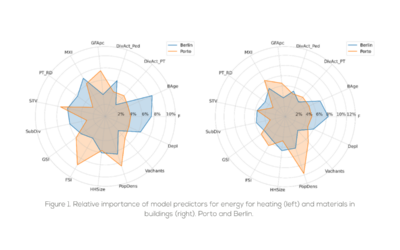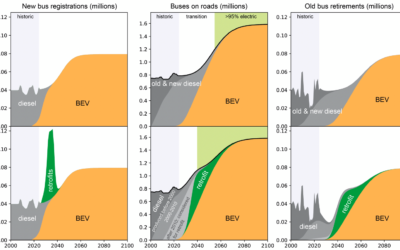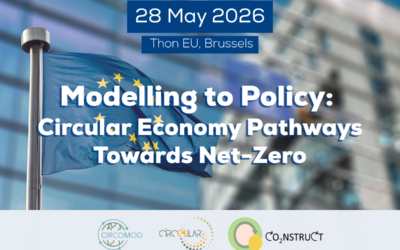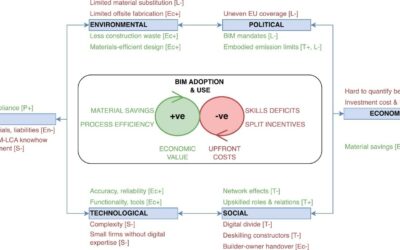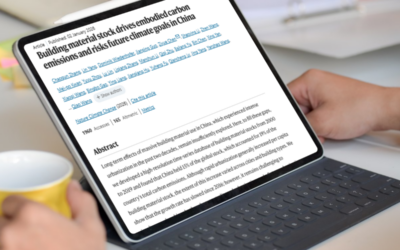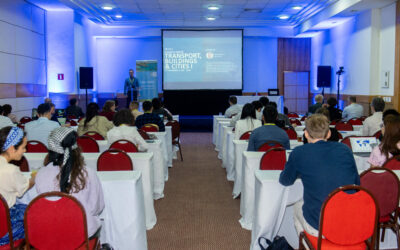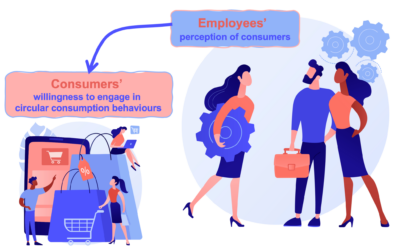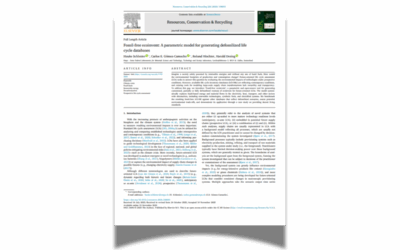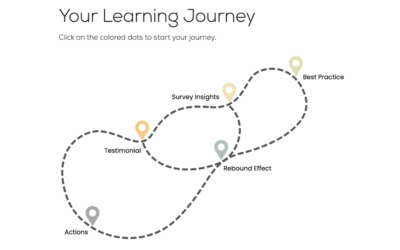News & Events
Integrated methodology for modelling circularity in mobility and buildings applied in two EU cities: Porto and Berlin
This aimed at deepening the understanding of how the physical urban environment, socio-economic and behavioral drivers influence energy and material needs,
E-retrofitting Europe’s bus fleet can accelerate its electrification by 15 years
Overall, around 300 million tons of CO2e can be saved directly with this measure, which is comparable to the annual emissions of Spain.
Modelling to Policy: Circular Economy Pathways Towards Net-Zero
A dynamic afternoon exploring evidence-driven insights on climate mitigation contributions from circular economy strategies for construction – buildings, transport and energy infrastructure; services – housing and mobility; and system-wide enablers and impacts including digitalisation, behaviour change, and rebound effects.
Building Information Modelling for Circular Economy: What Adoption Reveals?
BIM could become a key digital enabler of circular economy principles if barriers to adoption are addressed through policy, skills development, and better incentives.
New Study Maps the Climate Impact of China’s Building Growth
An international study involving BOKU University now reveals how unevenly building growth has occurred over the past 20 years, and how this contributes to climate-damaging emissions.
From Data to Action: Policy Briefs Supporting Circular Pathways in Europe
T6 Ecosystems is coordinating a series of five policy briefs for CircEUlar that aims to connect circular-economy modelling with these strategic directions: stay tuned!
Advancing Circular Economy Modeling: CircEUlar Research at the 18th IAMC Annual Meeting
CircEUlar researchers Florian Maczek and Alessio Mastrucci participated in the 18th Integrated Assessment Modeling Consortium (IAMC) Annual Meeting, held from 11-13 November 2025 in the city of Armação dos Búzios, state of Rio de Janeiro, Brazil.
Employee perceptions of how willing consumers are to engage in circular consumption behaviours
The research teams at the University of Groningen and the LMU Munich conducted two large-scale surveys in five European countries to examine to what extent employees have accurate perceptions of consumers’ willingness to engage in certain circular consumption behaviours.
Launch of Fossil-free Ecoinvent: A new tool for modeling decarbonized worlds in life cycle assessment
The study introduces an open-source framework that systematically replaces coal, oil, and gas inputs with renewable alternatives, synthetic fuels, and electrified systems in supply chain models.
Launch of Circular ReBoundary: A New Online Resource for Circular Economy Professionals
An innovative online resource designed to support circular economy practitioners across various sectors, particularly those working in buildings, mobility, and manufacturing.

